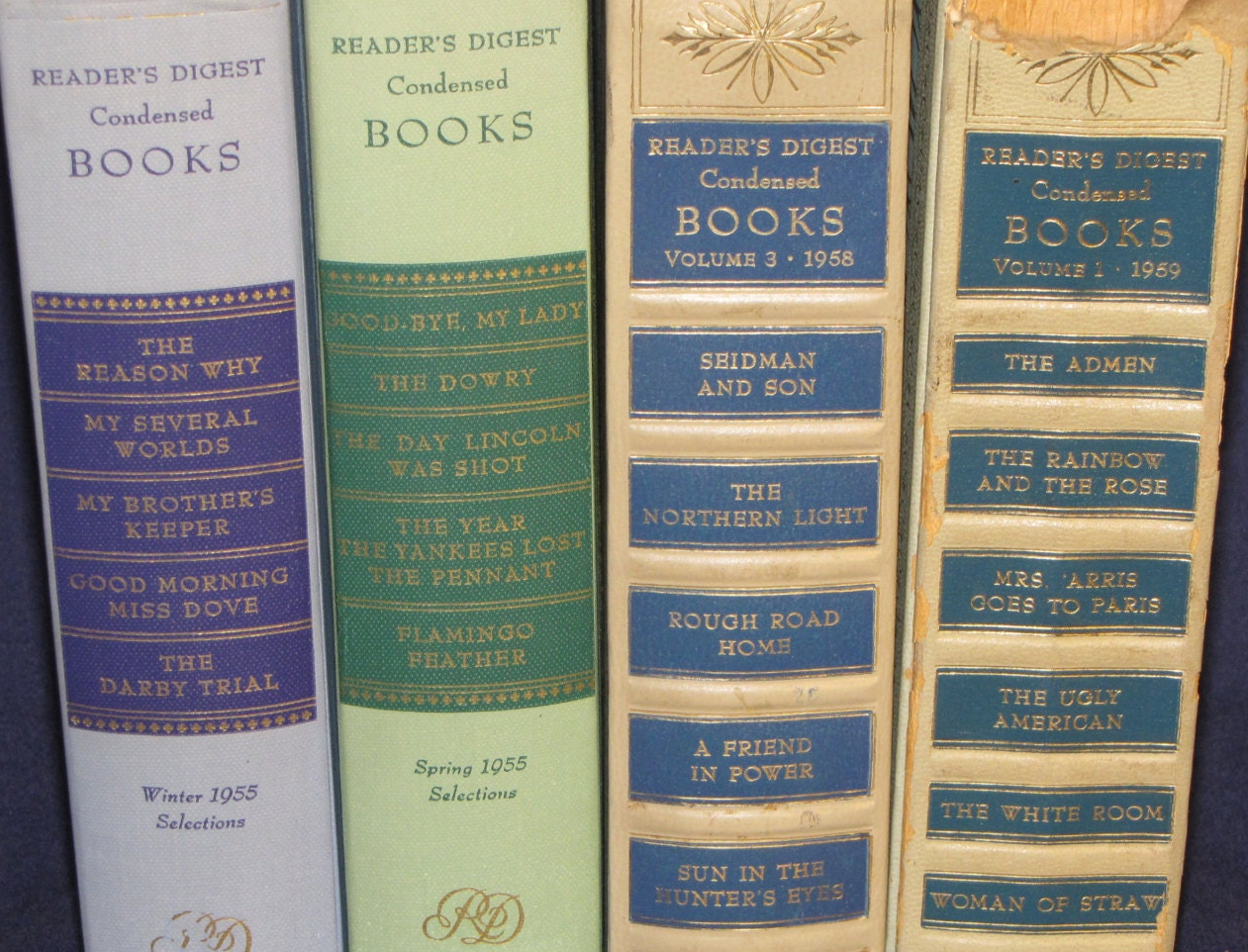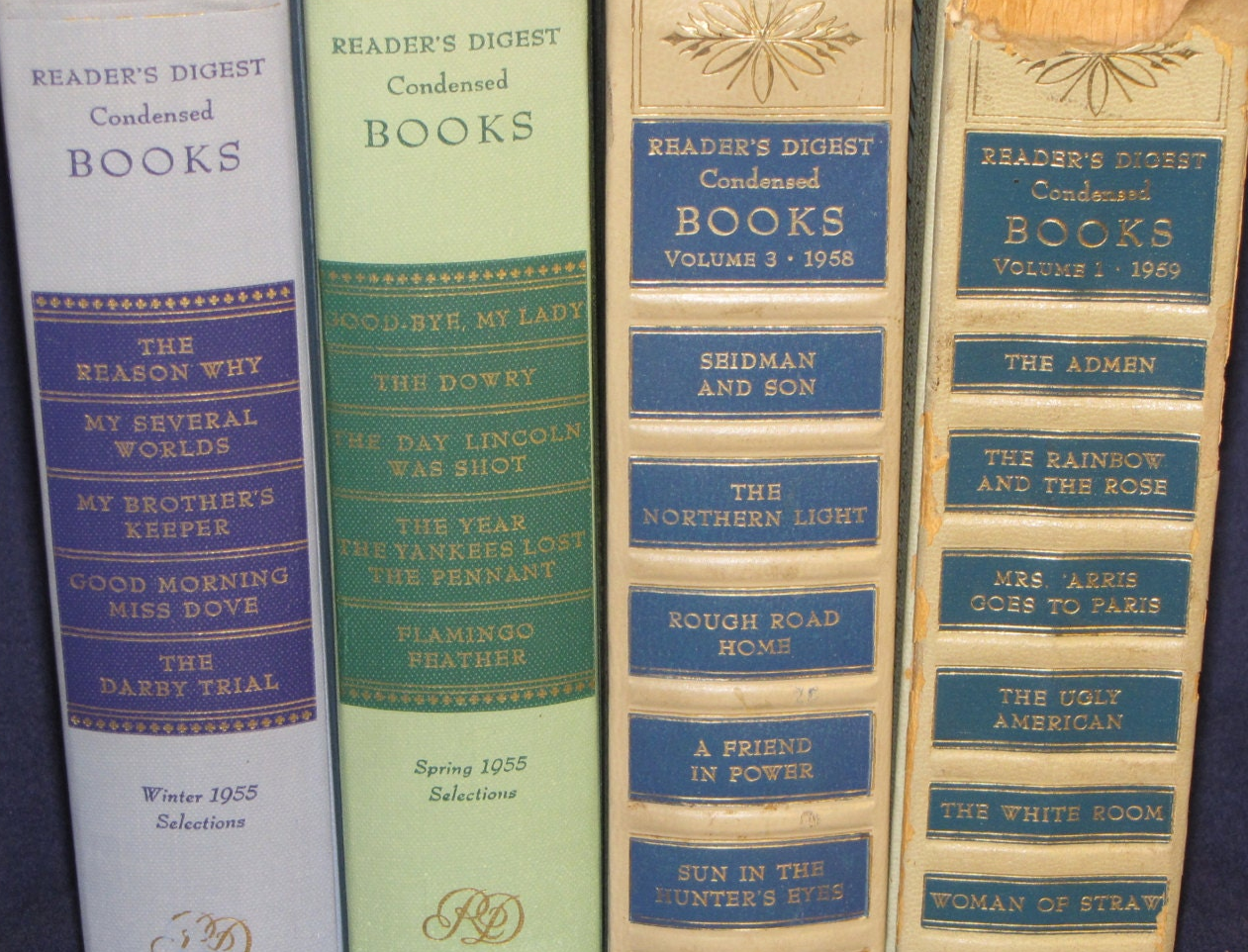
Mark Dooley's Roger Scruton
Today I am having: Roger Scruton: The Philosopher on Dover Beach. Continuum, 2009 by Mark Dooley. 978-1-84706-013-6
In a first reading this book, it occurred to me, I might be becoming a gap-hunter, or, better, as in more accurate, I might become a hunter of what people throw in the gap.
There is always a gap, so why hunt that?
“A rational being has need of such concepts, which brings his [sic] emotions together together in the object so enabling him [sic] — as the Hegelians would say — to find his identity in the world and not in opposition to it. A culture, more-over, is essentially shared; its concepts and images bear the mark of participation, [by him?] and are intrinsically consoling, in the manner of religions’ communion, or an act of worship. They close again the gap between subject and object which yawns so frightening in the world of science.”
This text is from page 21 in Mark Dooley’s Roger Scruton: The philosopher on Dover Beach. Continuum, 2009 and here Mark is directly quoting Roger Scruton in his The philosopher on Dover Beach: Essays published by Carcanet, 1990, reprinted by St Augustine Press (no joke) in 1997, from page 109.
This is odd. I can only assume the confusion is deliberate, but not obvious to me as to why.
Now, I use some of those terms in that quote from page 21, but I suspect, even when I would use them in that order, that grammar, that structure, that play… —I do not claim a special insight for my preferences for them, about them, with them…
Now apparently Roger Scruton has an avowed dismissal of Darwin because of anti-science aesthetic choices Roger makes, and thus evolution? But I can’t even get close to that.
It looks like he has thrown his own very special mix into the gap:
god/tradition/meaning/beauty/home/notscience
At least that's how I would chunk it once I had hunted that which had been thrown into the gap.

The book itself is like a handy Reader’s Digest Condensed Book for Roger Scruton’s work. I never read him knowingly, dimly aware in a way that I am not lacking in awareness of, say, the mountebank Jordan Petersen, who is like everything Roger Scruton fears, but weirdly, speaking to a similar “audience”. It’s a generational difference I imagine. Look:
“We might say, therefore, that if philosophers like Plato, Marx and Foucault wish to prioritize the ‘really real’ at the expense of ‘appearances’, Roger Scruton seeks to emphasize the appearances at the expense of the really real.” (page 18)
It’s as if an evil scientist called Friedrich August von Hayek invented a time machine and successfully mated Edmund Burke with Ludwig Josef Johann Wittgenstein, and the baby was left in a doorway to be found by a drunk beadle (namely me it seems) staggering home in Oxbridge. (This way Charles Darwin can be ignored because he never existed on this timeline. Netflix are you listening? ChatGPT is.)
Please consider these last paragraphs a trigger warning.

Mark Dooley’s Roger Scruton: The philosopher on Dover Beach is full of weird things from a framework with that time-dilated parentage:
“banks have souls” p138
markets have spontaneous order (good) but revolutions do not (bad) (this has not aged well in light of January 6, 2021 malarkey and given how good Trump is at business) or revolutions are bad so they do not have souls, or something (Scruton died in 2020)(Scruton was absolutely digusted by what he did see of Trump).
quotes Thomas Aquinas to virtuous businesses (p138 ) probably to “advise them” not “work for them” p2 (see also playing the victim)
apparently bad businesses are bad because: liberals
(I think he is using this term in this book in the American way, because apparently the market is a wonderful thing, but as markets co-evolved with liberalism to out-perform feudalism— I am confused by the conservative usage here)also bad businesses are bad because: environmentalism (Enron engaged in greenwashing which destroyed it’s soul or something) page 138 (see “ banks have souls”)
bad aesthetics are what cause environmental disasters (example? *windmills) p141-2, they might be giants I guess
Dooley says “I said above that aesthetics and conservative politics are directly linked, in so far as both seek to fulfil man’s [sic] primal [but not as far back as evolution][no Darwin please, we're conservatives] longing for membership” p141. Have they never heard of Mary Douglas, a conservative Catholic anthropologist who could explained they have a bias for that, this does not mean it is the only bias.
he/they cast nasturtiums on other people’s worldbuilding, but his is pure, you wouldn’t understand anyway, for example:
“Scruton’s only sin was to have pointed out that man [sic] is instinctually conservative” p122 (See comment above on Mary Douglas.)
there is a very curious taxonomy of institutions, which seem to provide the fudge factor for any dissonance between attacking 'teh liberals', while endorsing the market with its emergent powers, but then tempering that by saying while state control of all that is bad, and corporations are a natural outcome, but monarchy is good, or something??? There is a sort of vitalism here (don’t mention evolution) for organising things via share capital, but this is unavailable to other forms of organisation??
Roger is nice because he loves love and collegiality
uses a reactionary-logism oikophobia to cast nasturtiums on peeps who say xenophobia is bad
leftists want to destroy home p142 (actually capitalism is doing that, i.e. liberal capitalism I guess guild-capitalism as a vitalist force would be good for us)
markets should be subservient to institutions (by institutions I think he means rich people, like in the good old days when a rich person was king and the state in one person?? not sure really) p131-132
so markets are ok because: institutions | because: rule of law. But state control is bad. I put it to you Mark that this is incoherent.
I also feel there is some dogwhistling to those worldbuilders who view inflicting pain as a necessary & good part of the job. Cannot pin this one down.
Imagine the framework in which that all makes emotional sense. It compares in weirdness with Putin’s Ruzzia in some ways. I wonder what Scruton said on Putin.
I also have in my reading pile a title by Roger Scruton hisself, but its under a dozen other books, and including Purity and Danger by Mary Douglas, Matt Ridley’s The Origins of Virtue, and two bookbinding manuals. I am not at all tempted to get it out and peer into The face of god.
This post first appeared in a rougher form at substack in February 2023. And a medium.com version in 2024.
